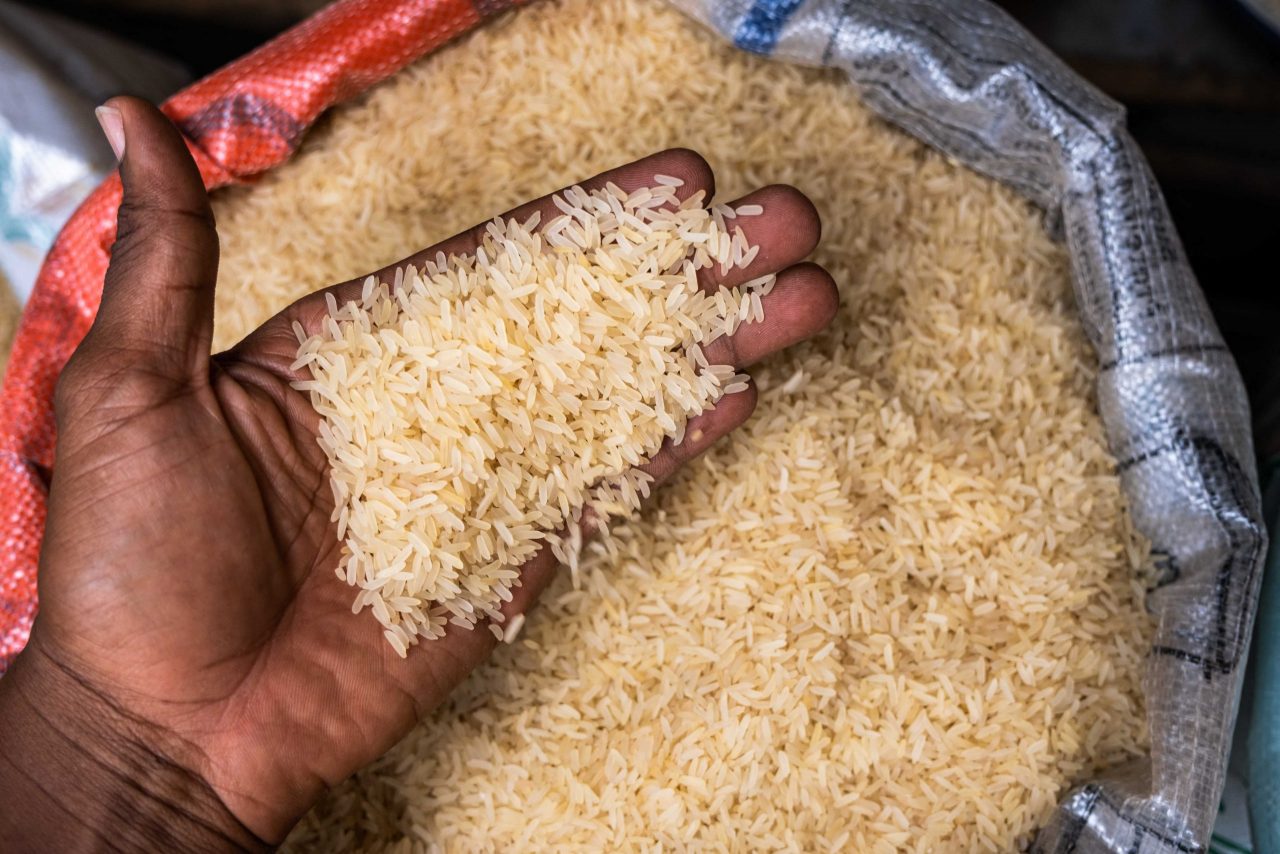
The Federal Government says it has included rice on the list of foods that must be fortified with micronutrients to reduce the rate of hidden hunger in the country.
Mr John Uruakpa, Deputy Director and Head of the MicroNutrition Deficiency Unit, Federal Ministry of Health, made this known on Monday in Lagos.
He said this during the launch of the Bill and Melinda Gates Foundation (BMGF) Large-Scale Food Fortification (LSFF) Strategy.
Food fortification is the practice of adding vitamins and minerals to commonly consumed foods during processing to increase their nutritional value.
Uruakpa said that rice fortification would improve the nutritional quality derived from the staple food and provide a public health benefit with minimal health risk.
According to him, food fortification is a proven, cost-effective, sustainable, and scalable intervention that will ensure access to micronutrients that are necessary for a healthy and functional body.
He said that the government would continue to create the enabling environment that would encourage partners to expand their food fortification efforts in Nigeria.
Also, Dr Andreas Bluethner, Director of Nutrition, BMGF, said that fortification of wheat flour, maize flour, vegetable oil, margarine, salt and sugar had been mandatory in Nigeria for more than 10 years.
He, however, noted that it had been challenging ensuring that the micronutrient content of the foods meets Nigeria’s national standards.
“Foods have often been found to be inadequately fortified or even unfortified when spot-tested at the market level.
“This has slowed the contributions of food fortification to fighting Nigeria’s high levels of micronutrient deficiencies, which include life-threatening deficiencies in iron, vitamin A, zinc, folic acid, and iodine,” he said.
He said that the country’s severe health challenges in anemia was driven by insufficient iron in the diet, while widespread vitamin A deficiency, suppresses the immune system, thus exacerbating disease levels.
According to Bluethner, the federal government and international partners are working with fortified food producers on digital solutions to secure nutrients in foods to improve health, resilience and productivity.
He said that Nigeria was the first country to implement the digital solution for nutritional quality of staple foods.
Bluethner said the digitised system would ensure staple foods are fortified with the right levels of essential vitamins and minerals to support good health and nutrition.
According to him, the digital system will track the fortified foods to ensure they are reaching Nigerian consumers efficiently.
“The foundation is investing in food fortification markets to provide quality nutritious foods that are affordable for all consumers.
“Digital innovation will allow nutritional improvements to be assessed and maintained over time,” he said.
He said that partners involved in the initiative included BMGF, Global Alliance for Improved Nutrition (GAIN), TechnoServe, BASF, Bioanalyt and Camelot Consulting Group, among others.
Also, the Country Director, GAIN Nigeria, Dr Michael Ojo, said that the digital revolution presented fortified food producers in the country opportunities to prevent fortification shortfalls, while increasing efficiency and profitability of their businesses.
“We anticipate this system will allow companies to assure every customer that the nutrient content of their product is guaranteed, reducing health risks and offering a direct path to longer and healthier lives,” he said.
Ojo said that the four-year pilot project implemented by GAIN was part of the company’s global commitment to supporting staple food fortification and ensuring better nutrition for all.






